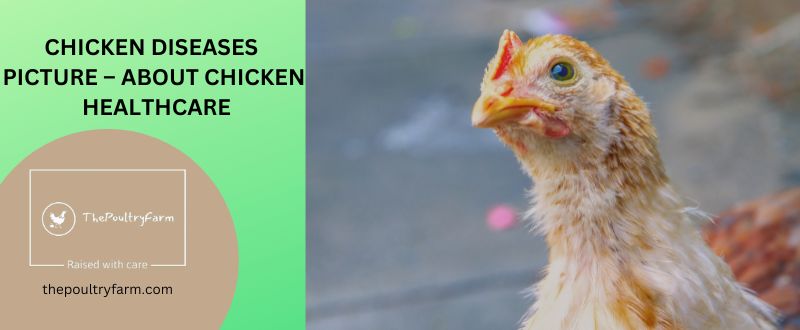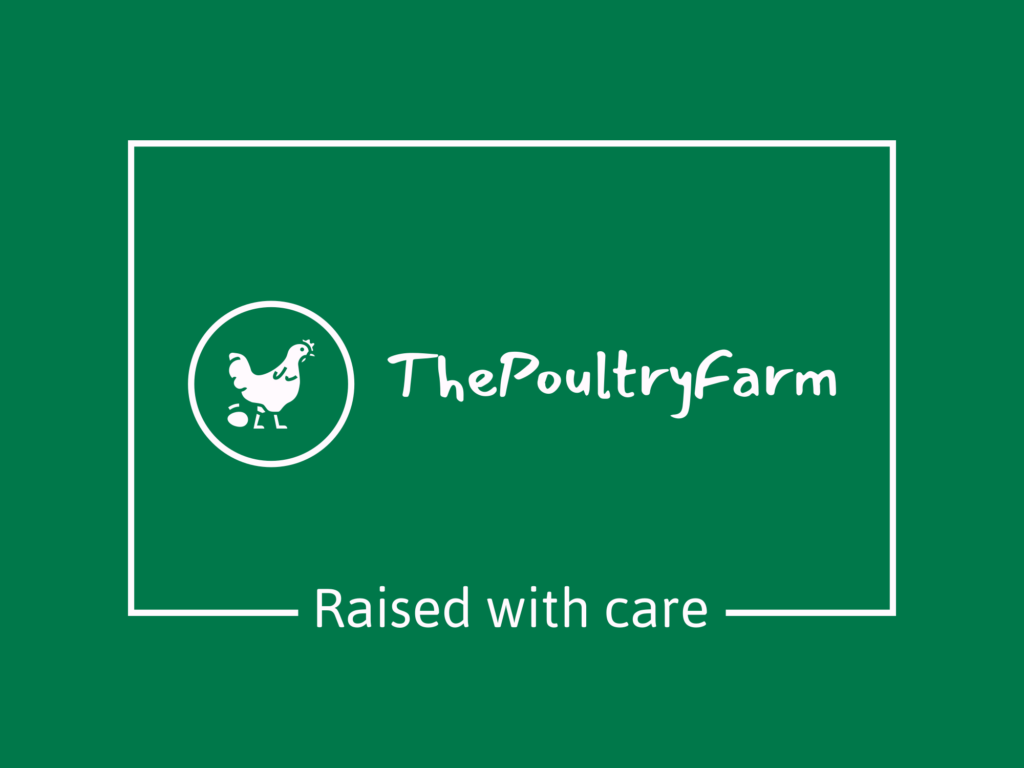
Introduction
You might want to learn about chicken diseases so that you can keep your chickens healthy. Chickens can get a lot of different diseases, and many of them can be prevented if you take care of your chickens the right way as chicken requires care and attention to stay healthy.
Chickens are susceptible to a number of diseases, many of which can be prevented with proper care. In order to keep them away from diseases one should have appropriate knowledge about the common infection and diseases that affect chickens. It is good to be aware of the picture related to these diseases in order to identify the cause and step up preventive measures.
This document will provide an overview of chicken healthcare, including common diseases and how to prevent them.
Common Chicken Diseases
1. Marek’s Disease: This virus affects the nervous system and can cause paralysis, lameness, and severe breathing problems. Symptoms include depression, rough feathers, and a decrease in egg production. Vaccination is recommended to prevent this disease.
2. Coccidiosis: A common cause of diarrhea in chickens, coccidiosis is caused by a parasite that thrives in wet environments. Symptoms include bloody or watery diarrhea, lethargy, and a decrease in appetite. Treatment includes antibiotics and changing the environment to reduce moisture levels.
3. Newcastle Disease: This virus causes respiratory disorders and can be fatal if left untreated. Symptoms can include coughing, sneezing, and a decrease in egg production. Vaccination is recommended to protect against this virus.
4. Avian Influenza: This highly contagious virus affects the respiratory system and can be fatal if left untreated. Symptoms may include coughing, sneezing and greenish discharge from the eyes or nose.
5. Fowl Cholera: This bacterial infection affects the respiratory, digestive and reproductive systems of chickens. Symptoms can include depression, lethargy, weight loss and a decrease in egg production. Treatment typically involves antibiotics.
What is the mortality rate for chickens with diseases?
The mortality rate of chickens with diseases can vary widely depending on the severity of the disease and how quickly it is treated. In some cases, such as Newcastle Disease, the mortality rate can be as high as 90%. On the other hand, milder infections may only result in a small percentage of deaths.
Prevention & Treatment
1. Practice biosecurity measures such as washing hands between handling different flocks of chickens and avoiding contact with wild birds.
2. Keep feeders and drinkers clean to reduce the risk of disease spread.
3. Provide adequate ventilation in coops and prevent overcrowding as this can increase stress levels, making chickens more susceptible to disease.
4. Vaccinate chickens against common diseases when appropriate.
5. If you suspect your chickens might have a disease, isolate them from the rest of the flock and contact a veterinarian for treatment.
6. Follow all instructions carefully when administering medications.
7. Monitor chicken health regularly by inspecting birds for signs of illness such as coughing, sneezing or lethargy.
8. Always dispose of dead birds properly to prevent the spread of disease.
How to Handle a Sick Chicken
When a chicken becomes sick, it is important to act quickly. Sick chickens should be isolated from the rest of the flock to prevent the spread of disease. Chickens are most susceptible to illness when they are stressed, so it is important to provide them with a calm and quiet environment. Sick chickens should be given plenty of food and water, and their coop should be cleaned regularly.
When to See a Vet for Your Chicken
Chicken healthcare is important, but it can be overwhelming. A good rule of thumb is to see a vet if your chicken is not acting like itself. If your chicken is lethargic, not eating or drinking, has diarrhea, or seems generally unwell, it is time to make an appointment with the vet. Chickens are resilient creatures, but they can get sick just like any other animal.
Vaccinations for Chickens
Vaccinations are an important part of chicken healthcare. Chickens are vaccinated against a number of diseases, including Marek’s disease, fowlpox, and Newcastle disease. Vaccinations are typically given to chicks when they are first born, and then booster shots are given periodically throughout their life. Vaccinations help to keep chickens healthy and prevent the spread of disease.
Conclusion
In conclusion, chickens require care and attention to stay healthy, just like any other pet. Chickens are susceptible to a number of diseases, many of which can be prevented with proper care. Education on the different chicken diseases is needed in order to prevent them from being infected and providing required Vaccinations at the proper time is an important part of chicken healthcare, and sick chickens should be isolated and given plenty of food and water.
FAQ
Q1: How do I know if my chicken is sick?
A1: Sick chickens may show signs of lethargy, decreased appetite, coughing or sneezing. If your chicken doesn’t seem like its usual self, it’s best to take it to a vet for an examination.
Q2: What is the mortality rate for chickens with diseases?
A2: The mortality rate of chickens with diseases can vary widely depending on the severity of the disease and how quickly it is treated. Some diseases, such as Newcastle Disease, can have a mortality rate of up to 90%. Milder infections may only result in a small percentage of deaths.
Q3: How often should I vaccinate my chickens?
A3: Vaccinations for chickens should be given when they are first born and then periodically throughout their life. Consult with your vet for specific vaccination recommendations.
Q4: What are the signs of a healthy chicken?
A4: Healthy chickens should show no signs of illness, have bright eyes and glossy feathers, and be active and alert. They should also have a normal appetite and consistent weight gain.
Q5: What is the best way to prevent chicken diseases?
A5: The best way to prevent chicken diseases is to practice good hygiene and biosecurity, keep the coop clean, and make sure chickens are vaccinated. Additionally, it is important to monitor chicken health regularly by inspecting birds for signs of illness.
I am passionate about chickens and how best to raise a healthy flock. I have been raising chickens for over 10 years now, and I am always looking for new and innovative ways to keep my chickens happy and healthy. In addition to keeping my own flock, I also putting reviews on the essential products that are required to keep Chicken happy. I hope to help as many people as possible learn how to properly care for their chickens!
